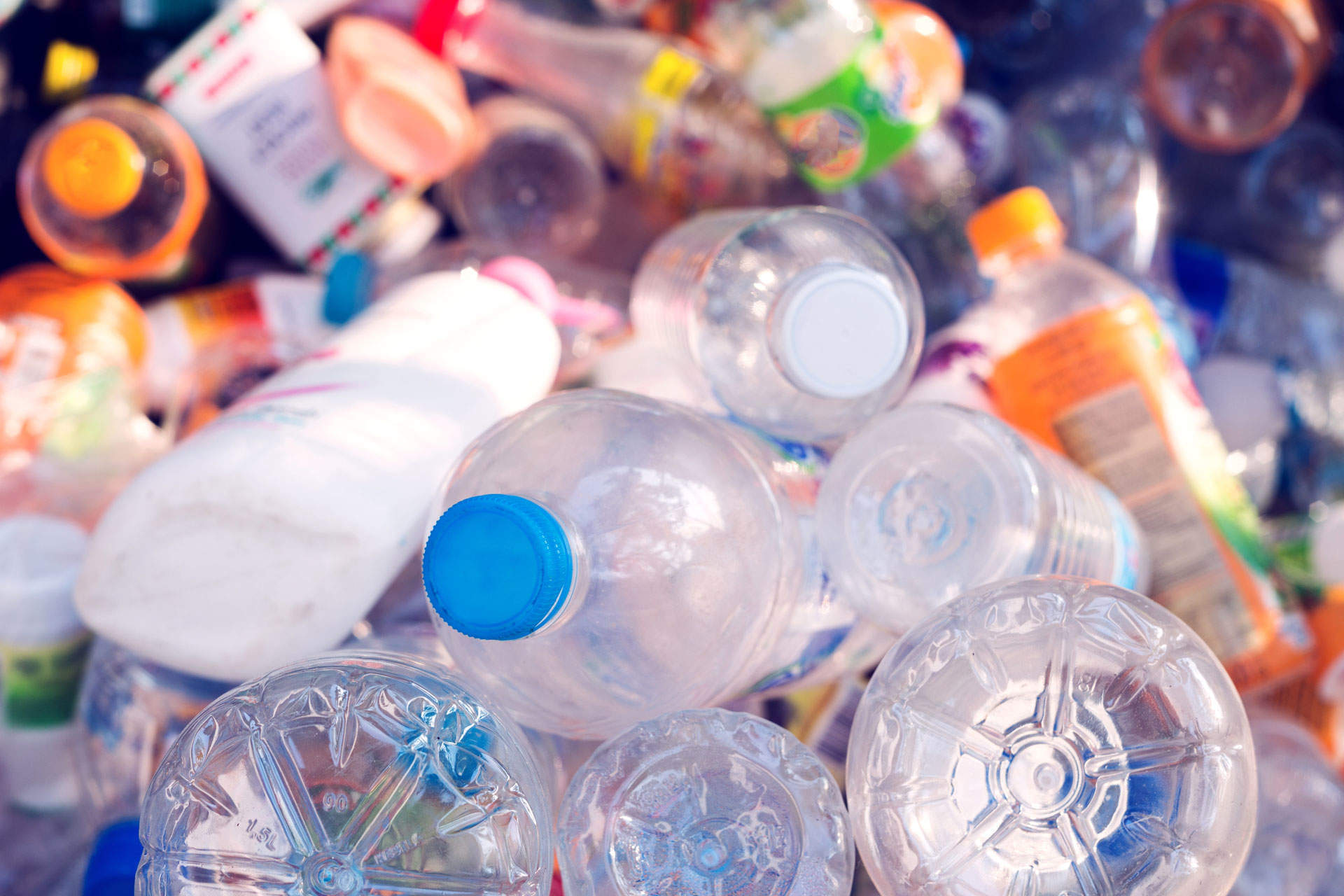
Researchers have for the first time discovered that common plastics emit greenhouse gases as they degrade. The findings suggest that the environmental impact of plastic is more severe than previously thought, as it emits greenhouse gases that are not accounted for in current climate change projections.
The research, published today in the journal PLOS ONE, found that plastics used across packaging, clothing, construction and beyond emit the greenhouse gases methane and ethylene when they are exposed to sunlight.
These greenhouse gases are direct contributors of climate change, impacting sea level, temperatures and the wider environment. As a result, the findings have significant implications for climate change projections, particularly given the growing presence of plastics in the environment.
“Plastic represents a source of climate-relevant trace gases that is expected to increase as more plastic is produced and accumulated in the environment,” said David Karl, senior author on the study and SOEST professor with the Center for Microbial Oceanography: Research and Education (C-MORE).
“This source is not yet budgeted for when assessing global methane and ethylene cycles, and may be significant.”
The plastics emitting greenhouse gases
The researchers tested a wide variety of plastics commonly used across industry, including polycarbonate, acrylic, polypropylene, polystyrene and low-density polyethylene (LDPE).
How well do you really know your competitors?
Access the most comprehensive Company Profiles on the market, powered by GlobalData. Save hours of research. Gain competitive edge.

Thank you!
Your download email will arrive shortly
Not ready to buy yet? Download a free sample
We are confident about the unique quality of our Company Profiles. However, we want you to make the most beneficial decision for your business, so we offer a free sample that you can download by submitting the below form
By GlobalDataThe plastic with the most severe rate of greenhouse gas emissions was polyethylene, which is the most widely produced – and thrown away – plastic in the world due its use in plastic bags.
It was found that these plastics emitted greenhouse gases when exposed to light, but continued to do so once in darkness. This includes plastics found in the ocean, adding an additional harm vector to ocean plastics.
Increasing concerns over the environmental impact of plastic
The news comes as concerns over the environmental impact of plastic is growing and efforts are being made to cut back – particularly with single-use plastics such as bags and straws.
However, many businesses remain high producers of plastic, with other social concerns such as veganism conflicting with efforts to reduce use of the material.
With this news, however, businesses will likely face renewed pressure to reduce their plastic consumption, with some potentially even attempting to eliminate plastic altogether.
“Considering the amounts of plastic washing ashore on our coastlines and the amount of plastic exposed to ambient conditions, our finding provides further evidence that we need to stop plastic production at the source, especially single use plastic,” said lead author Sarah-Jeanne Royer, a post-doctoral scholar at C-MORE.







